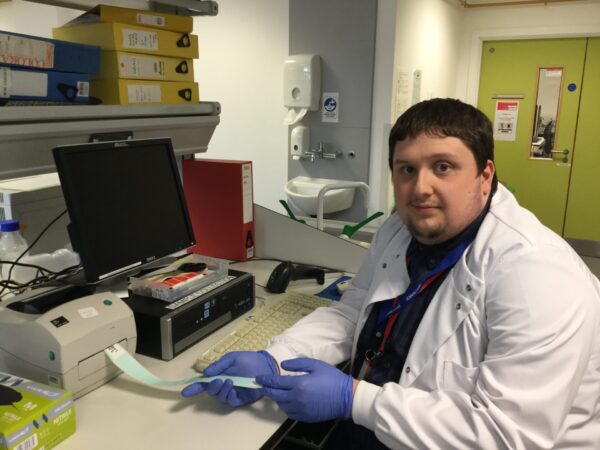How can public sector employers like the NHS help people with a learning disability or autism get jobs?
 “At this time of maximum pressure on the labour market it is important that public sector employers are encouraged to play their role as anchors within their local communities and regions, not least in relation to the employment of people with a learning disability or autism.”
“At this time of maximum pressure on the labour market it is important that public sector employers are encouraged to play their role as anchors within their local communities and regions, not least in relation to the employment of people with a learning disability or autism.”
Dr Steve Beyer and his Engage to Change evaluation team at the National Centre for Mental Health have published a briefing paper on the role of the NHS in employing people with a learning disability and/or autism. The paper calls on Welsh Government to develop a public sector Learning Disability and Autism Employment Strategy for Wales that would not only benefit people with a learning disability and/or autism, but also the NHS itself. Evidence from a similar strategy in England suggests that “there has been significant benefits to hospitals and other services from supported internships and the employment of people with a learning disability or autism”.
In the briefing paper, Dr Beyer explains that “anchor institutions” play an important role in generating and maintaining employment in local areas. He defines these institutions as “employers who are unlikely to move during periods of recession, represent significant reservoirs of capital, are significant purchasers of services and employ a large number of local people.” Examples include the NHS, local authorities, universities and other public sector employers. These anchor institutions can influence the local economy in several ways:
- The way they commission and pay for services can help to promote jobs in local areas, improve rates of pay and create opportunities for apprenticeships and other similar schemes.
- How they use their capital assets such as land and buildings can help to generate work and job opportunities in the local area.
- As large employers, they can demonstrate good practice in equality and diversity as well as sharing knowledge and experience with other employers.
